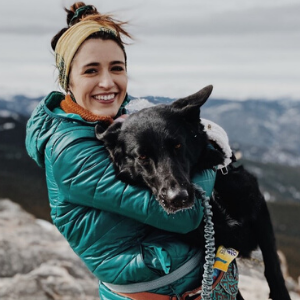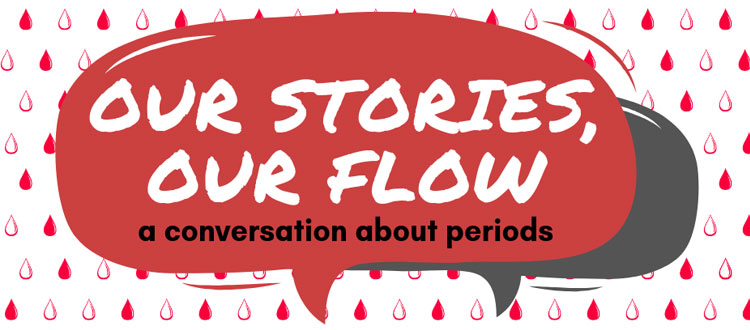Our Stories, Our Flow: A Virtual Conversation about Menstruation
 |
| Isabela Rosales Menstrual Equity Organizer Fellow |
Upon accepting WVE’s 2020 Menstrual Equity Organizer Fellow position, I did not fully realize how deeply this work within Women’s Voices for the Earth would impact my relationships, not only with other people with periods, but with my own body. Through dialogue with my supervisor, the three participants in our first online Our Stories, Our Flow workshop and a follow-up Capstone Workshop with the Brazen Project, we were all invited to examine the way we’ve been socialized to talk and think about our periods. Through a myth-busting dialogue process, we shared personal stories and lived experiences, ultimately liberating the way we think and talk about our periods.
First, by intentionally welcoming all bodies that experience menstruation, the dialogue shifts as womxn begin to unpack our own blindspots regarding inclusivity. Moving forward in this work, I am grateful to organizations like WVE and the Brazen Project that encourage this aspect of deconstruction, especially when talking about menstrual equity, which impacts all bodies that bleed regardless of gender identity.
Because of COVID-19, the Our Stories, Our Flow workshop that was originally designed for an in-person dialogue was adapted for a virtual conversation. Fortunately, we learned that we could adapt, thus making the workshop more accessible. After introducing Women’s Voices for the Earth, we discussed harmful chemicals in mainstream products and our experiences with those products. Moving the conversation forward to further the de-stigmatization process, we used myth cards from previous workshops and dove into a dialogue where we began deconstructing current narratives surrounding our periods. This proved to be the most fruitful part of the workshop because participants were encouraged to share their own experiences. Through this process, we all were able to re-envision the way we think and talk about our periods and closed the dialogue with positive body affirmations.
Furthermore, a variety of resources were shared with participants to carry into their own communities including the Chem-Fatale Report, various fact sheets on period care products and health impacts, and the Menstrual Right to Know Act.
In order to continue relationships after our launch of the virtual workshop series, we collaborated with the Brazen Project for their end of the academic year Capstone Webinar titled, Taking Stigma from Nobody: Reorienting the Narrative of Menstrual Equity and Abortion Access. This was an opportunity for an intersectional conversation under the greater umbrella of Reproductive Healthcare. By incorporating abortion access to the conversation about menstrual equity, we opened the dialogue to a wider audience. Gratefully, we had a turnout of 16 participants!
With an engaging online presentation featuring several body positive and reproductive rights/health artists such as Frances Cannon and Wednesday Holmes (both featured above), the feedback both WVE and Brazen received was overwhelmingly positive in terms of our online presentation. Moving forward, we’re excited to continue nourishing a relationship with the Brazen Project and other Colorado colleges and student organizations. 
In our time to reflect after these workshops, both participants and facilitators have reported a growth in their knowledge regarding menstrual equity. Speaking for myself, my relationship with both my body and period have irrevocably changed as I embrace the resources presented throughout these digital workshops and webinars. With an eagerness to meet in person by next fall, I am satisfied and inspired by our ability to adapt to the needs of our communities as we grapple with a global pandemic. By reorienting the work, we can still learn to advocate for ourselves and be in community in life-giving and body-affirming ways even when touch and sharing physical space is taken away.





